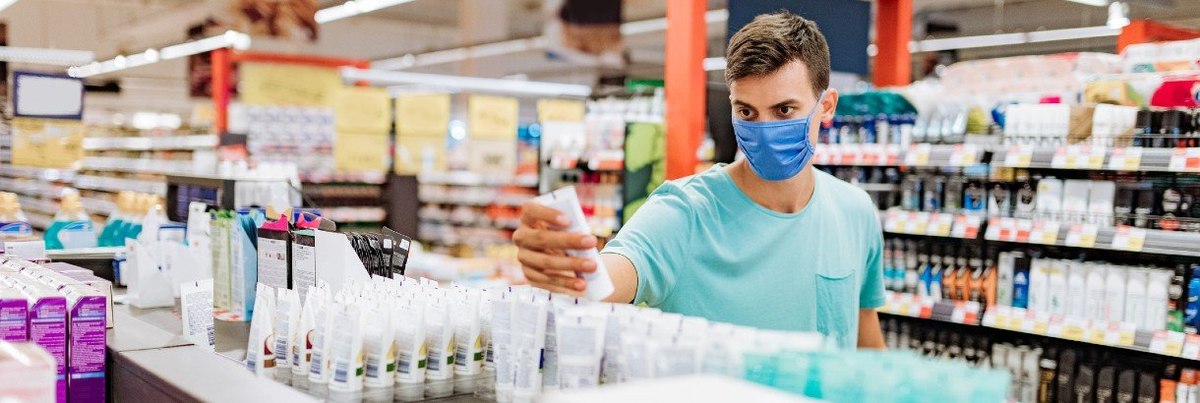Over a year after COVID-19 was declared a pandemic, we look at the degree to which the global health crisis has shaped key shopping factors in the FMCG/CPG sector. In this first part of a three-part series, we examine the extent to which the health and hygiene benefits of products have become more important to consumers shopping for household items.
Will the demand for products with health and hygiene benefits stick around beyond the pandemic?
Our data, collected from 17 markets across the world, shows that more than two-fifths of consumers in the post-pandemic world attach a greater importance to the health and hygiene benefits of household items they shop for (44%). Significant variances are observed in each market, with some of the highest rates registered in Asian markets and Mexico. Topping the list, four-fifths of urban Indian and three-quarters of online Indonesian consumers agreed that the health and hygiene benefits of products was now a more important factor to them than before the start of the pandemic.
Generally speaking, fewer people in European markets are placing a greater emphasis on health and hygiene when shopping for household items. In each of Denmark (73%), Sweden (70%), United Kingdom (66%) and France (60%), at least six in ten consumers say there is no change to the importance they attach to the health and hygiene benefits of household items they purchase. But that still leaves significant minorities whose behaviour has changed.
In part two of this series, we dive into the impact of the pandemic on consumers’ budget considerations.
Receive monthly topical insights about the FMCG/CPG industry, straight to your inbox. Sign up today.
Discover more FMCG content here
Start building a survey now with YouGov Direct
Methodology: The data is based on the interviews of adults aged 18 and over in 17 markets with sample sizes varying between 508 and 2019 for each market. All interviews were conducted online in April 2021. Data from each market uses a nationally representative sample apart from Mexico and India, which use urban representative samples, and Indonesia and Hong Kong, which use online representative samples.








